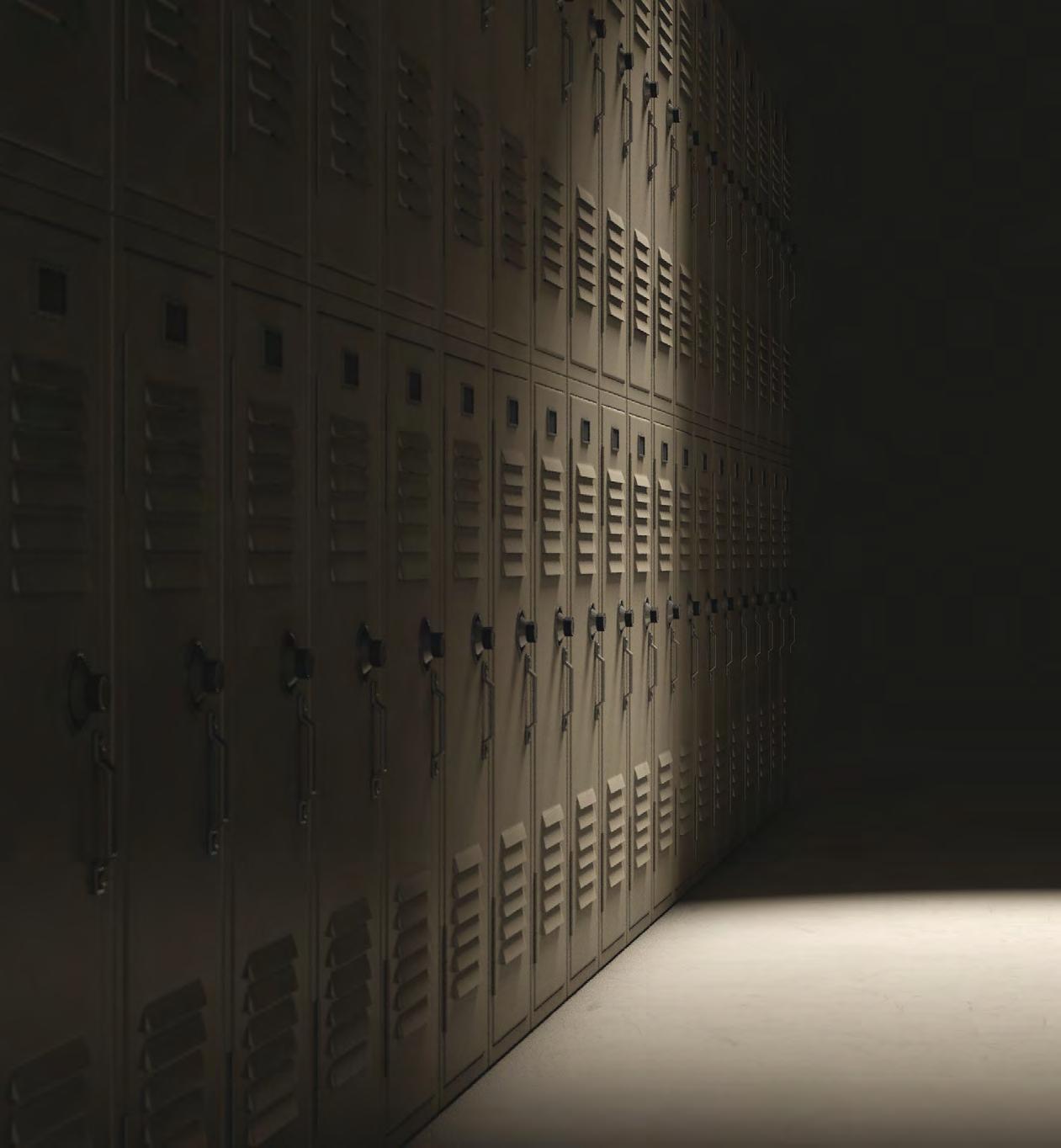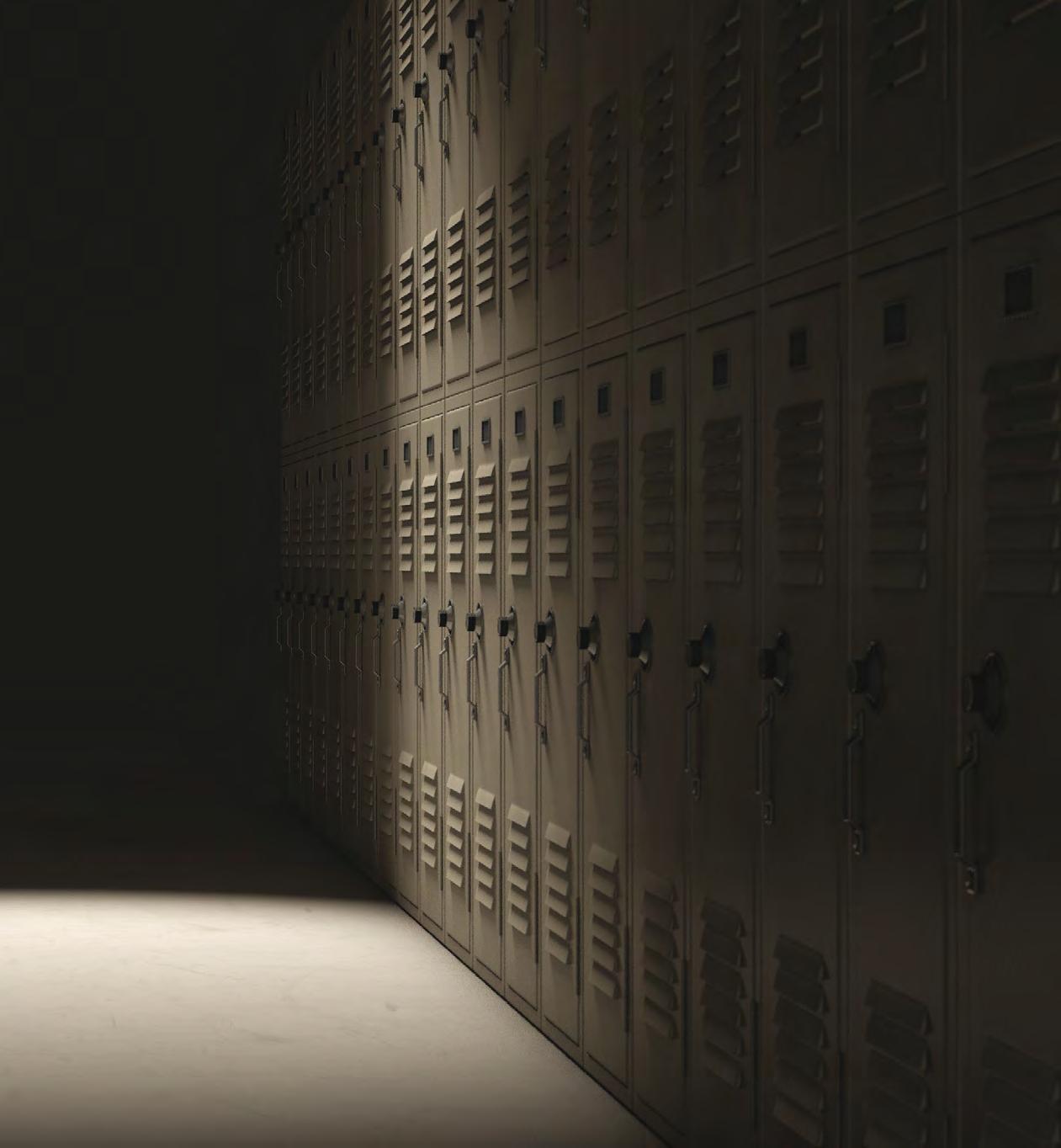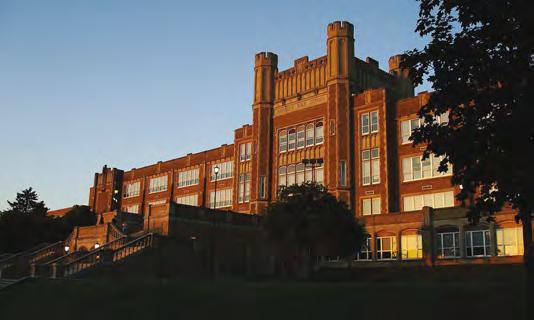
1 minute read
Landmark Opinion Finds Public School Funding Inadequate
By Pamela L. VanFossen,
Mold. Asbestos. Lead paint. Leaking roofs. No heat or air conditioning. Twenty-year-old textbooks shared by classes. Teachers teaching multiple courses simultaneously in hallways and broom closets. School buildings without nurses, counsellors, librarians, or reading specialists. Students lacking the foundational skills to take advanced courses on rare occasions when there are available slots in those classes and if they can be staffed.
While this may sound like a dystopian exaggeration, the conditions are a reality for many students and educators in Pennsylvania public schools, according to a 773-page Memorandum Opinion issued by the Commonwealth Court.

And now, as explained in the landmark decision, such conditions are not just abysmal – they are unconstitutional.1
The verdict had been a decade in the making, having originally been filed in 2014 by six school districts and parents and two statewide organizations.

The Commonwealth Court found that the educational experience provided in our low-income districts is an unconstitutional violation of the Education Clause of the Pennsylvania Constitution and a violation of our students’ Equal Protection rights. How the situation will be remedied is uncertain, as the Court did not impose a specific remedy, but one thing is certain: change is mandated.
The matter generated quite a bit of press coverage during the 49-day trial before the Commonwealth Court (a rare instance of a matter being brought directly there pursuant to original jurisdiction) and resulted in 15,000 pages of transcripts and nearly 1,700 exhibits.
Ten Years In The Making
In 2014, the Petitioners brought suit before the Commonwealth Court, arguing that the Commonwealth has failed to provide for the “maintenance and support of a thorough and efficient system of public education to serve the needs of the Commonwealth” as required by the Education Clause of the Pennsylvania Constitution.2 The Respondents (including the Pennsylvania Department of Education, the State Board of Education, the President Pro-Tempore of the Pennsylvania Senate, the Speaker of the Pennsylvania House of Representatives, the
Continued on next page











